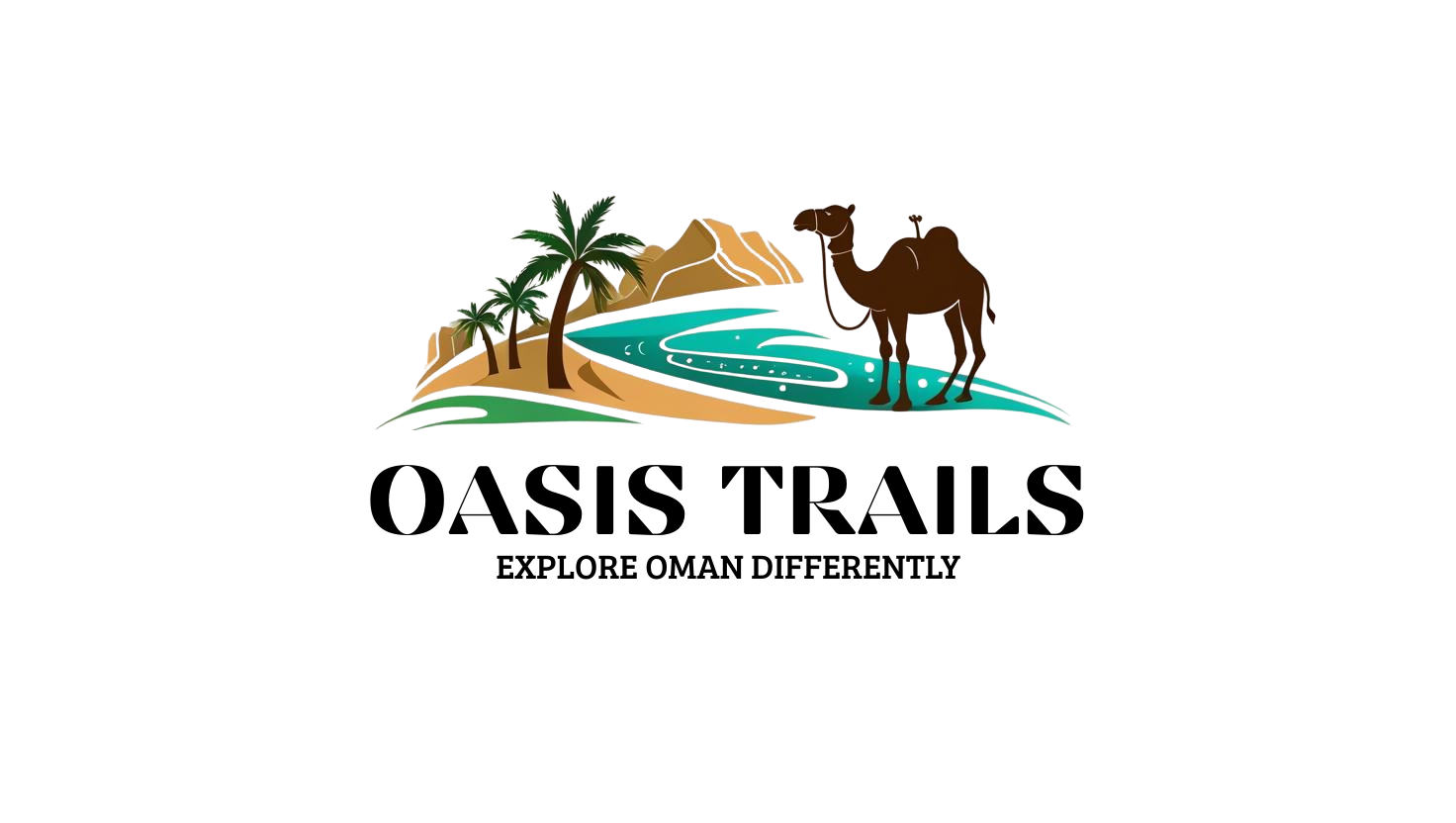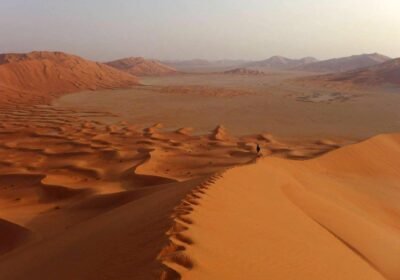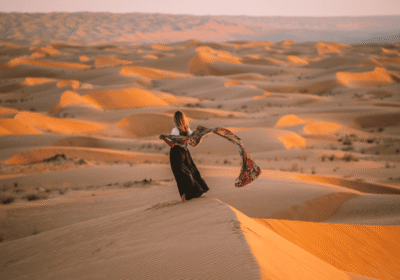Is Oman Safe for Tourists and Solo Female Travelers?

One of the most frequently asked questions about visiting Oman is regarding safety, and the answer is overwhelmingly positive: Oman is considered one of the safest countries in the world for tourists, often referred to as the "Switzerland of the Middle East". The country has no recorded terrorist attacks in modern history and maintains excellent relationships with all its neighbors.
Safety Statistics and Crime Rates
Oman boasts exceptionally low crime rates, with petty crimes such as pickpocketing and vandalism being nearly unheard of. The country’s political stability, combined with strong law enforcement and cultural values emphasizing respect and hospitality, creates an environment where tourists can explore with confidence.
For solo female travelers, Oman presents particular advantages. Women can safely use taxis, buses, and hired cars without concern. The local population is respectful and helpful, often going out of their way to assist lost travelers or offer directions.
Cultural Safety and Local Hospitality
The Omani culture of hospitality extends genuine warmth to all visitors. Locals are known for their politeness and willingness to help tourists, often inviting visitors to share meals or providing detailed directions. This cultural trait contributes significantly to the overall safety experience.
The country’s Islamic values promote respect and courtesy, creating a social environment where harassment is rare and cultural interactions are positive. However, tourists should respect local customs, particularly regarding dress codes and public behavior.
Practical Safety Considerations
Urban Areas: Cities like Muscat, Nizwa, and Sur are extremely safe for walking both during daylight and evening hours. The well-lit streets, regular police presence, and friendly locals create a secure environment for exploration.
Desert and Remote Areas: Even in isolated locations like Wahiba Sands or mountain regions, safety concerns are minimal. However, practical precautions include informing accommodations of your travel plans and carrying adequate water and communication devices.
Food Safety and Dining
Omani cuisine is prepared with high hygiene standards, making food-related illness uncommon. Traditional restaurants serving dishes like Shuwa (slow-cooked lamb) and Majboos (spiced rice with meat) maintain excellent cleanliness standards.
Street food culture in Oman includes popular items like Mishkak (grilled meat skewers) and Shawarma, which are prepared fresh at stalls maintaining good hygiene practices. The warm climate necessitates quick consumption of prepared foods, but vendors are experienced in safe food handling.
Atmospheric Safety Factors
The peaceful atmosphere in Oman extends to all aspects of travel. Traditional souqs like Mutrah Souq in Muscat maintain secure environments where bargaining and shopping can be enjoyed without safety concerns. The country’s modern infrastructure, including well-maintained roads and reliable communication networks, further enhances travel safety.
Emergency services are readily available and efficient. Tourist police in major areas speak English and are specifically trained to assist international visitors.
Seasonal Safety Considerations
During peak tourist season (October-April), popular destinations may be busier but remain equally safe. The comfortable weather during these months encourages more outdoor activities and cultural interactions, all conducted in Oman’s characteristically safe environment.
Summer months, while extremely hot, don’t present additional safety concerns beyond heat-related precautions. The cooler mountain regions and air-conditioned public spaces provide safe refuges during the hottest parts of the day.
Oman’s combination of political stability, low crime rates, cultural hospitality, and modern infrastructure makes it an ideal destination for all types of travelers seeking to experience authentic Arabian culture in a completely safe environment.
Have more questions? Contact us.



